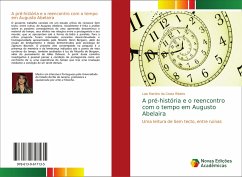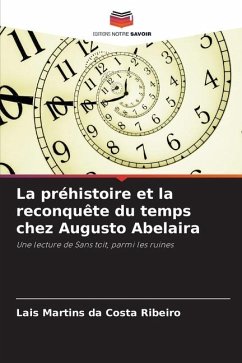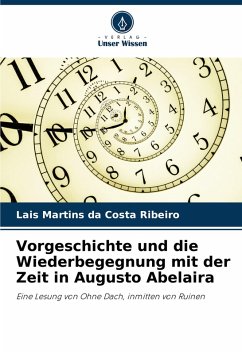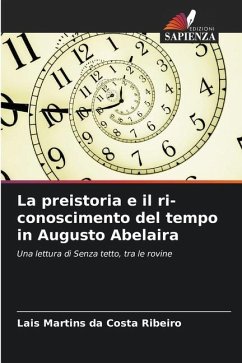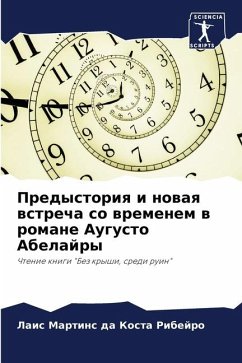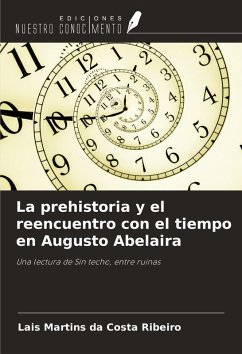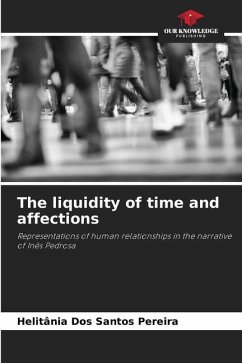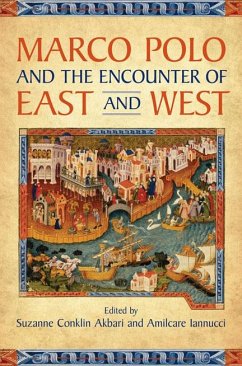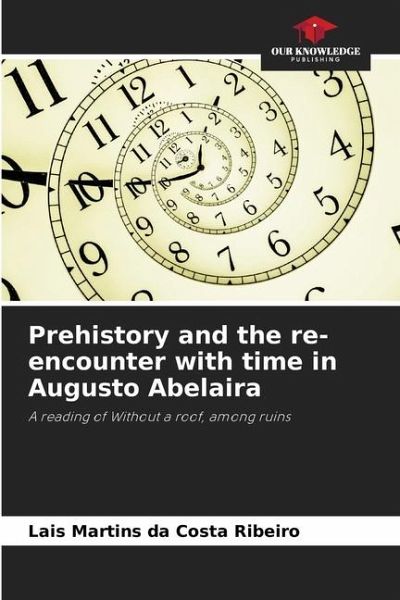
Prehistory and the re-encounter with time in Augusto Abelaira
A reading of Without a roof, among ruins
Versandkostenfrei!
Versandfertig in 6-10 Tagen
24,99 €
inkl. MwSt.

PAYBACK Punkte
12 °P sammeln!
This work consists of a critical study of Augusto Abelaira's novel Sem tecto, entre ruínas. Initially, it analyses the possible consequences of a discontinuous and material apprehension of time, its effects on the relationship between the protagonist and his world, which are presented in the form of boredom and paralysis. For the proposed critique, the concepts of discontinuity and homogeneity presented by the philosopher Henri Bergson were taken up, as well as the notion of disconnection and desire demonstrated by the sociology of Zigmunt Bauman. The next target contemplated in the research ...
This work consists of a critical study of Augusto Abelaira's novel Sem tecto, entre ruínas. Initially, it analyses the possible consequences of a discontinuous and material apprehension of time, its effects on the relationship between the protagonist and his world, which are presented in the form of boredom and paralysis. For the proposed critique, the concepts of discontinuity and homogeneity presented by the philosopher Henri Bergson were taken up, as well as the notion of disconnection and desire demonstrated by the sociology of Zigmunt Bauman. The next target contemplated in the research is the presence of memory and remembrance indicated from the continuous point of view of time, also analysed in the light of Bergson's philosophy, as well as the thinking of Gilles Deleuze. From this investigative path, it is possible to think of the protagonist's condition as a confrontation of the self, an experience of time that brings a revelation through the condition of being too late.



